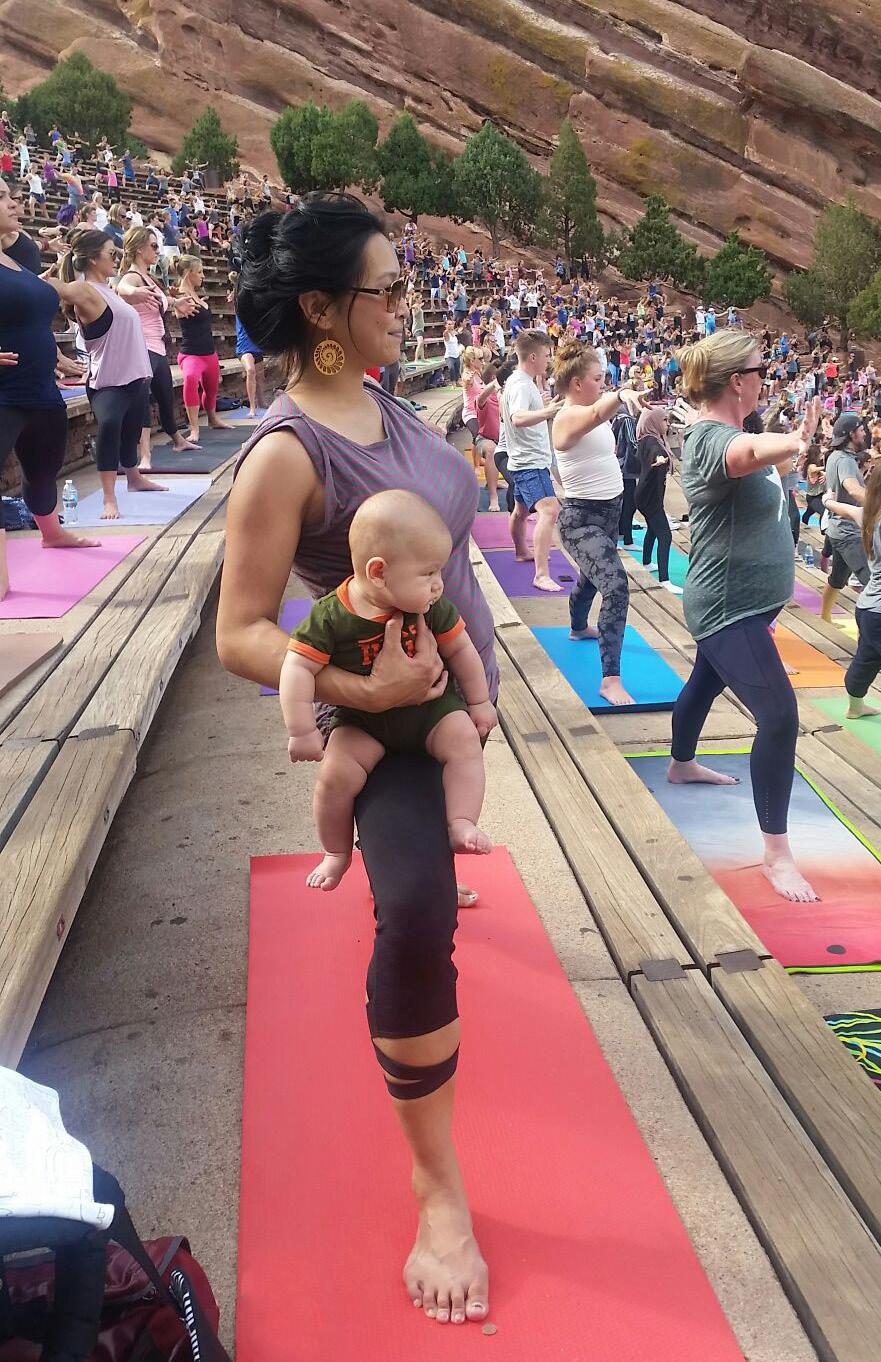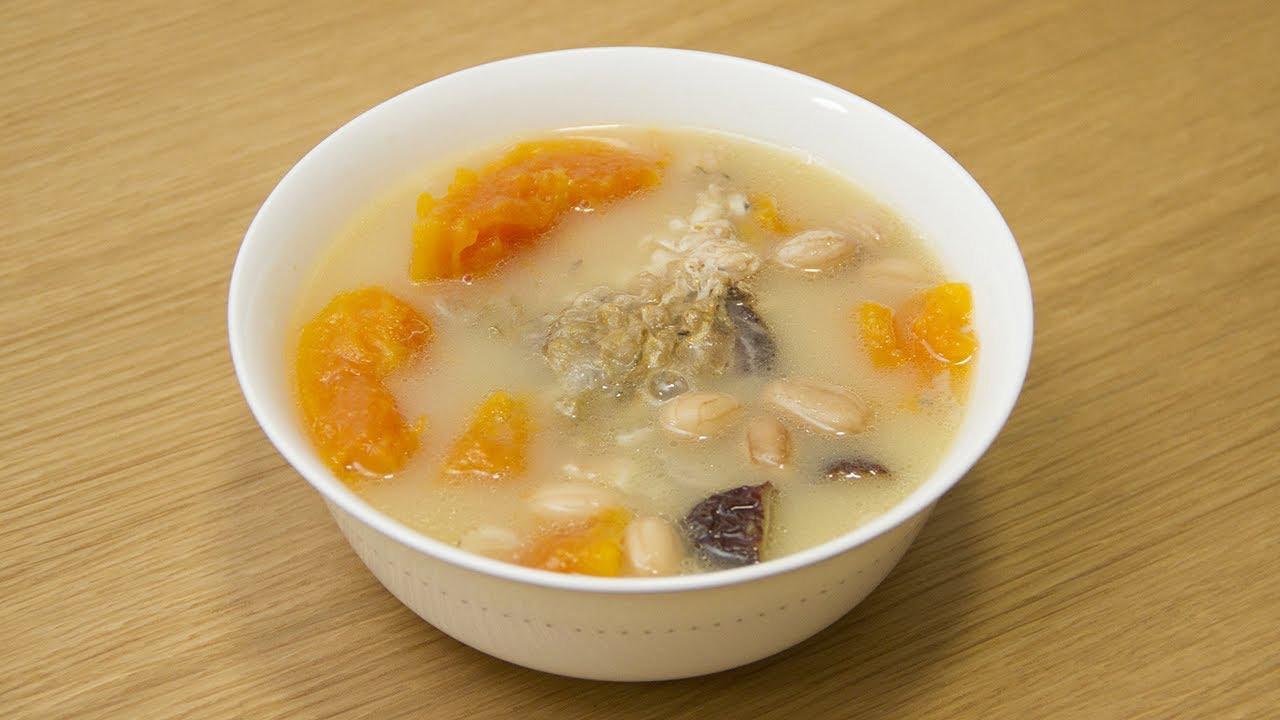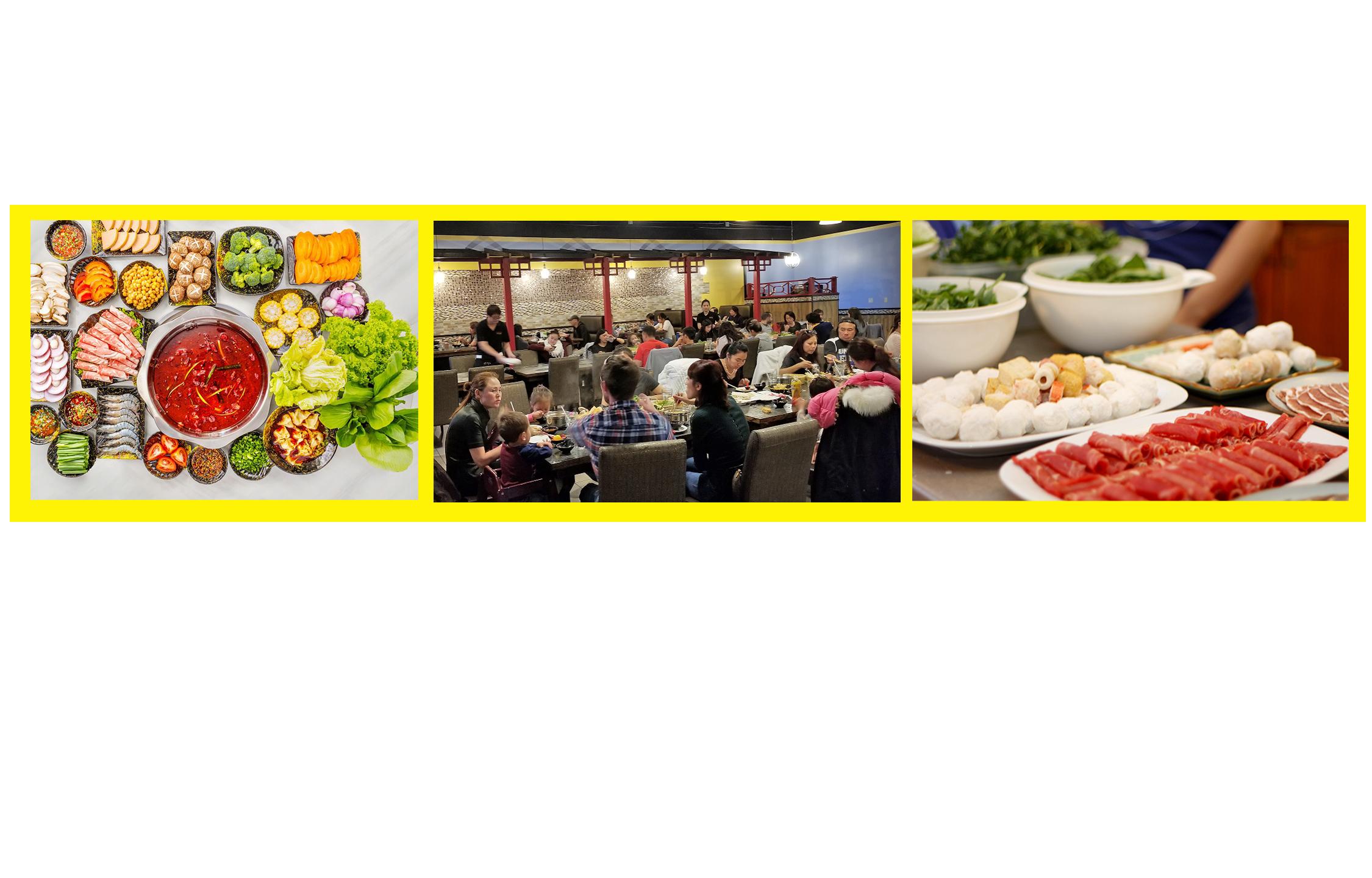
11 minute read
Lessons learned during one month of postpartum practicing the Chinese ritual of zuo yuezi
DURING MY MONTH OF ZUO YUEZI
“Aren’t you going to sit in the back of the car with your son?” asks my midwife. Two hours had passed since my son Rivers was born. I was feeling high from the strange mixture of endorphins of the excitement of the delivery and pure physical exhaustion from pushing. I had grown familiar carrying a solid baby boy in my womb for nine months. However, the familiar movements of him kicking and shifting inside me were gone. My belly felt limp, hollow, and empty. The lower half of my torso to my feet simply felt foreign to me.
Advertisement
“Aren’t you going to sit in the back of the car with your son?” asks my midwife, again.
I was getting ready to sit in the front passenger seat of my car. I have a son! I realized as I scrambled to make my way to the back seat of the car. Do all moms always sit in the back of the car with their little ones? I had been so fixated on delivering my son for nine months, I never truly grasped the degree of change I would experience in my life after the delivery. I no longer just had me to think about anymore. There was a small, fragile human being now that depended on me. This raw and loud realization would take me days to grasp.
I remember the distinct moment when I
By Dr. Lynn Tran McDonald
truly felt the immense welling of undying love that moms describe when they first meet their babies--- except I didn’t experience this until a few days later after his birth. Up until then, I was consumed with the exhaustion following the delivery. My sleep deprivation that was compounding quickly as Rivers was already proving that he did not like to sleep through the night. To pee felt like an excruciating, knife-stabbing like ordeal. Nursing for the first two days was extremely stressful. I was filled with frustration, shame, and worry because I was not producing sufficient amounts of milk to feed my boy, and he had lost weight the first two days. I had been fixated on the delivery of my son, but I was not mentally prepared for the reality of suddenly being a mom. Because of the emotional place I was at, I’m grateful to have the period of zuo yuezi to hold space for my recovery and transition.
Zuo yuezi is an over a century-old postpartum confinement practice from China, meaning “sitting one month.” It is meant to help women recover from birth and focus on nourishing the newborn. Based on Traditional Chinese Medicine (TCM), where a person’s lifeforce relies on the balance of yin and yang, it is crucial for mothers to stay warm for the first 30 days post-birth. Specifically, it is preventing mothers from possible exposure of wind or coldness of any kind. It is believed that a mother loses lifeforce (chi) during the delivery due to the loss of blood, causing her body to go into a state of too cold (yin). This can cause stress in her body, rendering her more susceptible to illness and premature aging. Hence the practice of zuo yuezi involves extremes such as staying indoors while avoiding any form of air conditioning; avoid all raw and cold foods; avoid bathing for extended days; and continually wear long clothing regardless of season or weather; and avoiding physical exertion.
During zuo yuezi, female family members support all of the new mother’s needs, such as taking care of laundry, cleaning, and childcare of older kids. They would also oversee the preparation of energy and protein-rich dishes to help nourish the new mom. Ingredients in these special dishes are intentionally chosen to help shrink the uterus, help the perineum to heal, and to increase breastmilk production.
Cultural versions of postpartum confinement span across Asia, the Middle East, Latin American, Africa, as well as Native American and European cultures. In Japan,
the practice of satogaeri bunben typically involves the mother traveling to her family home at 32-35 weeks gestation to be cared for by her mother until approximately 8 weeks postpartum. In Korea, sam chil il is a 3-5 week rest period for the postpartum mother. A Cambodian woman is cared for by their spouse and family members during a period of sor sai karche. In Thai, it is known as yu duan. Among Mexican women, a 40-day recovery period is known as la cuarenta. A golden thread connects all mothers around the world together to recognize the sacred time for a mother to heal, integrate into motherhood, and to bond with her child.
I did not staunchly follow all the traditional practices of zuo yuezi. For instance, I did leave the house on a couple of occasions for chiropractic adjustments, which helped with my recovery. My mom, who was taking care of me during my thirty days, did not stop me from taking showers. However, she did insist that I continually wear layers of clothes to stay warm. I am happy I was able to create some flexibility within the confines of the practice.
Being a first-generation, American-born Chinese, my mom and I have always had different cultural and generational perspectives. However, my zuo yuezi really allowed me to feel much more connected with my mom. I feel like silently she understood the stress I was going through. This understanding was expressed in the energy she put into preparing nourishing dishes for me everyday. For instance, when I struggled to produce milk, she would make variations of papaya soups so that I could increase my milk supply. I will never forget the night my mom and I exchanged birth stories. Up till then, I had never heard of her go into details of how she delivered my siblings and me. Being able to empathize with each other with the birthing experiences we’ve been through, reminded me just how resilient and brave my mom has always been. In turn, I was able to recognize these qualities in myself as well.
I am guilty of having the typical American mindset; I’ve always been a person with an agenda--- before giving myself the opportunity to enjoy the moment, my mind is already planning and thinking about the next item. Before Rivers was born, I had pictured myself exercising by week two, jumping full-time into work by week five. I had envisioned that during zuo

yuezi, I would nurse my son and during my off-times, I would do work on my computer. That did not happen. Thinking back on my expectations, it may seem like I was insane setting such unrealistic goals. However, when considering the U.S. is one of two countries in the world that does not mandate paid maternity-parental leave (the other is Papua New Guinea)—suggesting the belief that there is no value in a woman’s postpartum recovery nor a couple’s time off to support the wellbeing of a newborn )—it may seem my initial casual attitude towards postpartum recovery is valid. My month of recovery seeps in my memory because it was such a transitional time in my life. It gave me space to process my feelings; to transition into motherhood; to bond with my newborn; to bond with my husband as a family unit; to realize the magnitude of how powerful I really am as a woman. I am forever an advocate of postpartum moms of all cultures to take time strictly for respite with their family at home. Just like a caterpillar in their cocoon to transform before emerging into a butterfly, I feel that it is a necessary private time for a woman to experience the radical transformation within herself. It is important that she allows herself to be taken care of during this time as an affirmation that she is supported and loved. Whether it is baby number one or baby number four, I think a mom still goes through throes of feeling guilt, shame and loneliness on a bad day during motherhood. However, the practice like zuo yuezi sets the tone for a new mom to know that she is free to be who she is; and it is okay to put herself first.
If you are an expectant mother, and want to explore more about options to postpartum care, I invite you to connect with me! While traditional practices are available, remember that you have the freedom to define the terms of your own recovery. I am simply encouraging you (and your partner) to find time to slow down, embrace solitude and respite with your own little family before rushing off into the business of life. Resources to support your recovery are always available, such as postpartum doulas. As a neurologically-based chiropractor, I always advocate getting you and your baby’s neural-spinal system checked to help optimize the healing and growth process. I also love making postpartum house calls to support moms. Reach out if you ever need resources or ideas to me at: wpoptimalliving@gmail.com.

As I mentioned in my story, my mom concocted variations of delicious papaya soup during my zuo yuezi. This recipe comes directly from Heng Ou’s zuo yuezi book for the modern mom entitled, The First Forty Days: The Essential Art of Nourishing the New Mother. This recipe can be prepared even if you are not practicing zuo yuezi. It is nutritious & great for the family to enjoy overall.
1Steps This lactation-boosting soup is the second-most-famous postpartum dish in Chinese families, following pig trotters, which takes the #1 spot. Many new moms report with wonder that this fragrant, simple soup seems to turn up their milk flow; tradition says it’s the mix of papaya juice, fish proteins, and peanuts that stimulates the milk ducts to release their bounty. Though it sounds exotic, it’s actually a cinch to prepare. This is great one to ask a favorite aunt (or friend) to make for you—let her shop for the fish and fruit and concoct it in her kitchen! Fish, Papaya & Peanut Soup Ingredients • Sea salt • 1-inch (2.5-cm)knob of fresh ginger, peeled, and cut into 6 thin slices • 2 whole (head included) small fish or 1 medium fish (about 2 pounds or 910 g total), such as black bass, tilapia, trout, or red snapper • ½ of a medium papaya, peeled, seeded, and cut into medium cubes • 2 tablespoons unsalted peanuts (keep the outer red skin on if you can) • 2 whole green onion stalks, white ends trimmed off • 3 medium tomatoes, halved, with seeds left in • 4 Chinese red dates
In a medium pot over high heat, bring 2 quarts (2 L) water to a boil, then add a pinch of sea salt and the ginger.
2Rinse the fish under cold water and add the boiling water. Add the papaya, peanuts, green onions, tomatoes, and red dates, if using. Reduce the heat and simmer for 1 hour, covered. 3 Taste and add more salt, if needed. Strain the soup if you just want to drink the broth, or eat all the bits of fish, if you like, watching out for the bones. 4 Drink throughout the day. Store leftovers in the fridge for up to 2 days, or freeze in zip-tight bags or glass mason jars for up to 3 months. 6-8 servings

Bio Dr. Lynn Tran McDonald is a neurologically based chiropractor, yoga and meditation teacher, and educator at Metro State University. She loves working with postpartum mothers and women experiencing menopause, and people who struggle with sleep and chronic stress. She runs a private practice with her husband in Wheat Ridge called Wild & Precious Optimal Living offering brain-based chiropractic services and meditation classes. To schedule a complimentary consult with Dr. Lynn, you call e-mail her at wpoptimalliving@gmail. com or call her at 720.667.3650.

AKI Asian Hotpot ALLYOU CAN EAT 1 2303 E Mississippi Ave Unit 1 27,Aurora, CO 8001 2 | Tel: 720.638.31 93 醉香鍋

OPEN 7 DAYS AWEEK! Sun -Thur: 1 1 :30am –9:30pm Fri - Sat: 1 1 am –1 0pm









What is Chinese Hotpot? Chinese hotpot is a communal eating experience, in which you order different ingredients to boil inside a simmering pot of broth.Think of it as Asian fondue where everyone at the table cooks their own food! How to eat Hotpot? AtAki, first choose your soup base (do you dig hot and spicy? Or are you more into herbal broths?). From there, choose your meats and seafoods ranging from beef slices, pork belly and meatballs to squid, fish fillets, shrimps and clams.Throw in your veggies: mushrooms, cabbage, spinach, sprouts, or boy choy, and the list goes on with over 20 options. Lastly, add your noodles and tofus, and don’t forget the dipping sauces! And the best part is that it is ALL YOU CAN EAT! Kids age 3 and under: FREE Ages 4-6: $6.99 Ages 7-9: $10.99 Ages 10-12: $12.99 Seniors: $17.99 Adults: $20.99 WINE & LIQUOR AVAILABLE!









